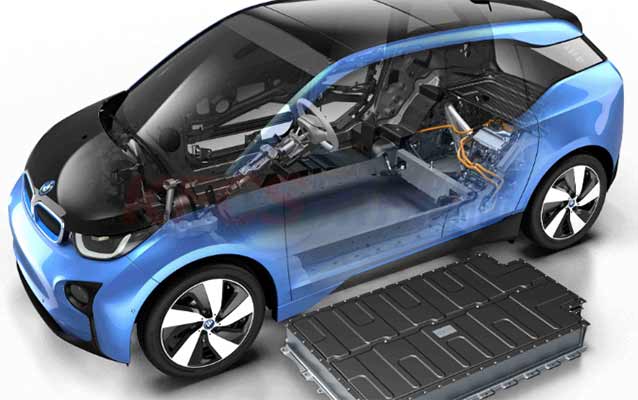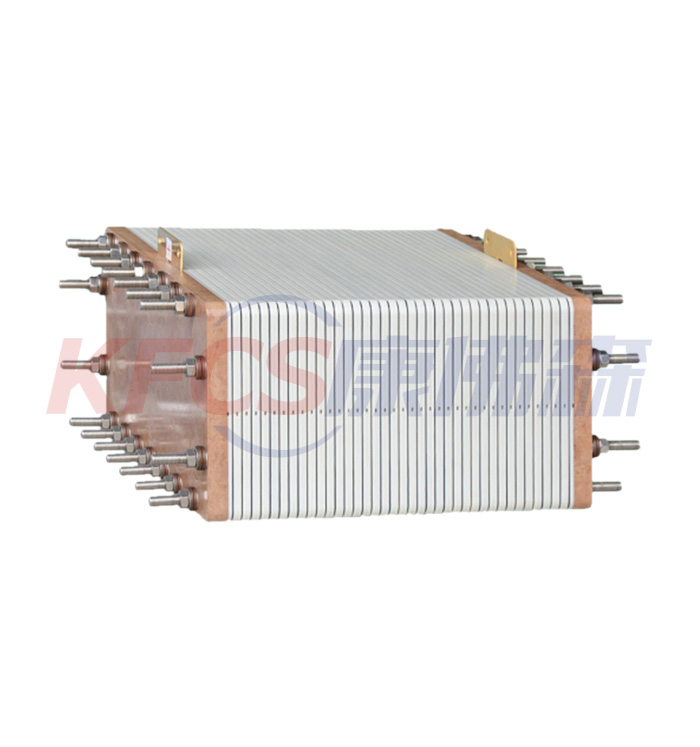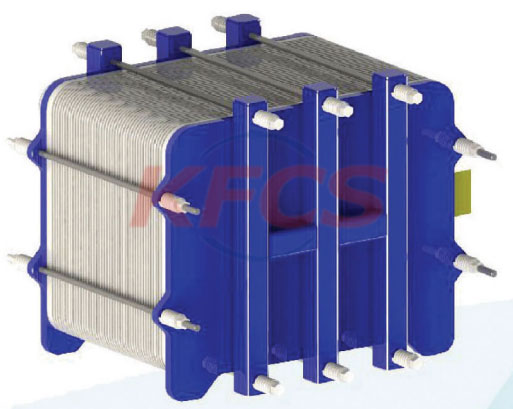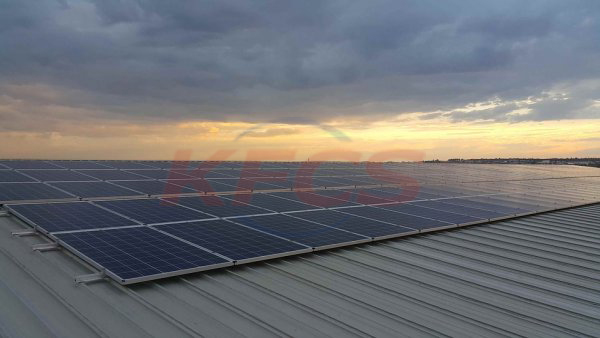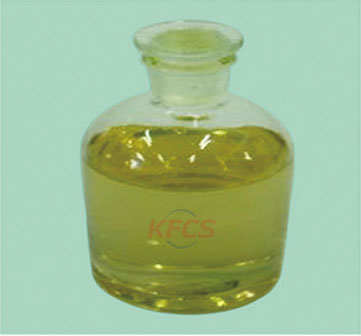What are the problems in the recycling of waste lithium ion batteries
2022-08-01
(1) The separation effect of waste lithium-ion batteries is still not ideal in the process of disassembly and crushing. Therefore, the safe and effective separation and crushing of waste lithium-ion batteries is the prerequisite for the recycling of waste batteries.

(2) At present, in the research process of valuable metals of waste lithium-ion batteries, the recovery process of valuable metals is mainly wet. This method uses chemical substances such as acid and alkali, which will produce harmful waste gas and liquid, causing certain harm to people and the environment. Therefore, secondary pollution in the process is also an important problem to be solved.
3) In the process of recycling valuable metals from waste lithium-ion batteries, most of them focus on the recycling of valuable metals from cathode materials. The negative electrode and electrolyte are ignored. In particular, the electrolyte is mostly composed of high concentration organic solvents, electrolyte lithium salts, additives and other raw materials, which are toxic and pollute the environment. Therefore, it is necessary to find substitutes for these materials to reduce the harm of electrolyte to the environment.
About News
- The Smart Battery Management System
- What are the advantages of all vanadium redox flow battery energy storage technology?
- Operation of all vanadium flow battery energy storage system project
- What are the problems in the recycling of waste lithium ion batteries
- Tiny battery-free sensing device floats with the wind
- Manufacture solar cells and glass from 1 billion tons of biomass waste
- Large-scale energy storage: vanadium batteries challenge the lithium battery market
- The basic principle of all-vanadium redox flow battery
- Swedish new research is committed to improving EV battery recycling process
- American Vanadium commits to supply CellCube with 3 million liters of vanadium electrolyte per year over the next five years
Products


